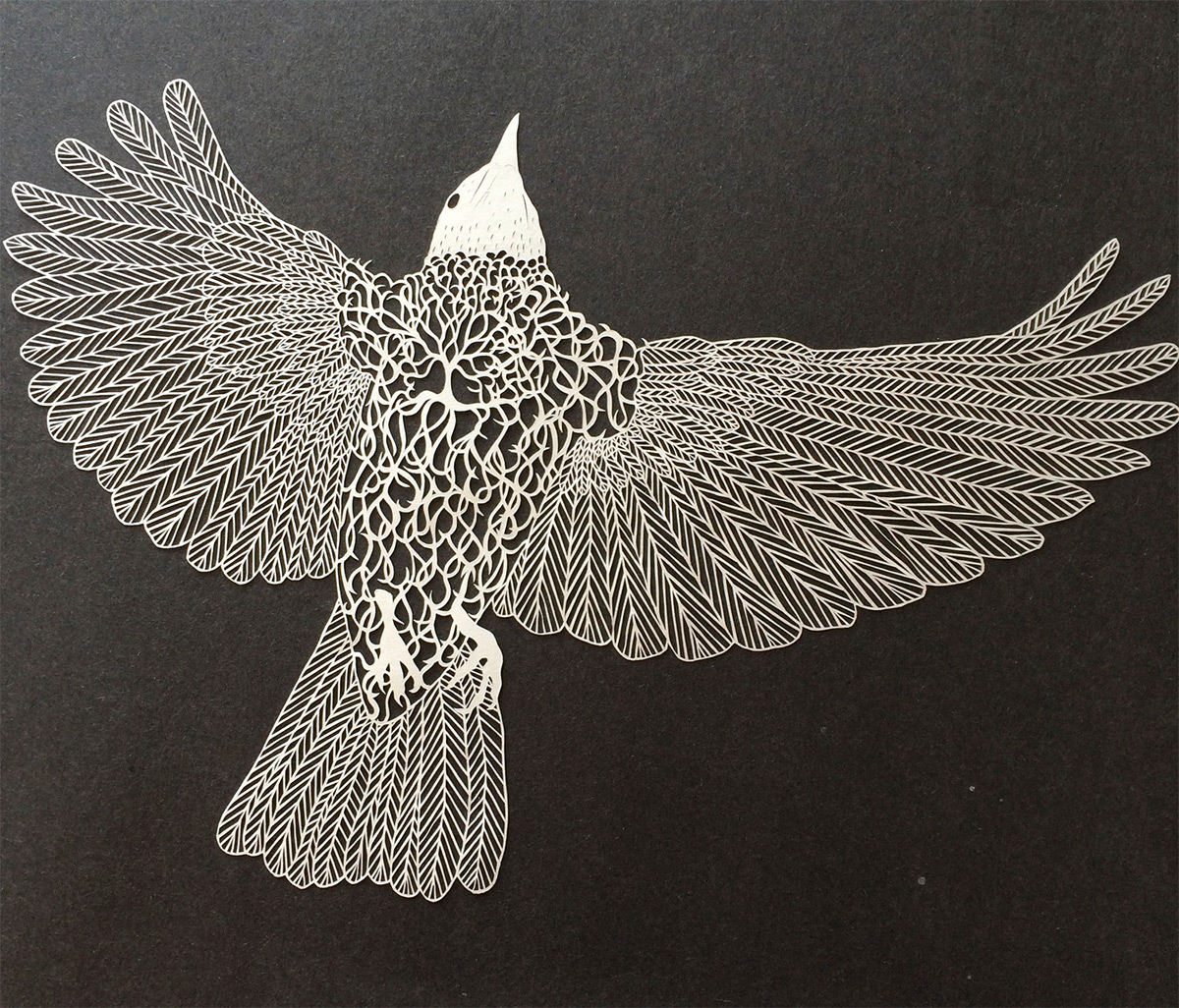
I get it. I really do. So few of us have the time to write. It’s enough of a struggle to get the kids into bed/lie convincingly to your boss/make a deal with your partner so that you can carve out a few minutes of time with your work in progress. Sometimes, opening the precious document in question can be like a creative hit of heroin. I’m winging it here; I’m not nearly experimental enough to do anything stronger than a glass and a half of wine. But that’s why you should trust me all the more when I tell you that it really is worth your while to pry your sweaty fingers off the hard-won toy that is your literary baby of the moment and do a little writing off the page.
There are two major reasons (that I can think of; you might think of many more) why writing off the page can be such a healthy and essential part of your practice, though they vary quite significantly from each other. The first reason is that having a side project can actually take some critical pressure off your primary project. I won’t go into this reason in detail here and now, but I will say that starting a trashy romance novel while you’re in the throes of trying to write The Great American Novel can do wonders for both your and TGAN’s health. As we all know, some of us have the merest tendency to bear down too hard on that which we care about most, and dabbling in something light and equally interesting can sometimes relieve this pressure and get your creative juices flowing again.
The second reason, and the one I do want to focus on today, relates to the vital necessity of doing the sort of off-the-page/behind-the-scenes work that will support your ability to write a story that feels lit from within. Leading with an example of what not to do, in last week’s post I mentioned how tempting it can be to force feed your characters to utter informational dialogue. (Hey! Remember that time I stole money from mom’s purse and you said it was a reflection of my selfish and borderline psychotic personality?) What I didn’t mention then is that this tendency can often be a symptom of failure to write off the page. If you don’t do the leg work of expanding your own awareness of your characters’ personalities and the world you’ve placed them in (and yes, you are placing them in a fictional world, even if you’re doing your utmost to make that world represent your version of reality), that precious work in progress is in serious danger of getting bogged down with explanatory facts and details that no one wants to read.
Now I’m going to point to the alchemy of writing well to explain how this works. For some blessed reason, having extensive notes on your characters and setting does not translate, one-for-one, into extensive descriptions of your character and setting on the page. Imagine, for a moment, that your final work is a magnificent, multi-tiered confection. Behind that confection is a recipe, an awareness of ingredients and how they behave, sifting and adding and mixing, time in the oven, preparation of decorative ingredients, even grocery lists. If all goes well, someone biting into that confection is rarely aware of things like butter and sugar and bake time and technique, and she doesn’t want to be. But if your baker isn’t, woe to the person who wields the fork.
Similarly, when you’re writing a story or a novel, any background work you can do on your characters and setting in particular can pay off in enormous and unexpected dividends on the page. Conducting a character interview off the page, for example, will reveal details that never find their way into the story or novel, but will give you the ability to move your character through the work with far more power and fluidity. (I do this with settings, too, since I tend to treat my primary setting as a primary character.) And in case your literary snobbishness is getting the better of you (I hear you, comrade), never fear; there’s no reason why this has to be the character interview you did in your middle school drama class. Sure, you can decide what kind of toothpaste your character uses and what sort of animal she would be if she could be any animal, but you should also take the time to go as deep and weird as you want to: What sort of shoes does she prefer to wear, how comfortable are they, and how many never-used pairs of shoes does she have in her closet? Does she sleep well? Has she ever broken a bone? What, under any circumstances, would she never do?
Writing off the page is rarely glamorous, and it can feel particularly burdensome and clunky when you just want to spin sentence after sentence of liquid prose. But this particular kind of background pays off in extraordinary dividends. The more you do it, the more likely you are to be able to put your character into any situation and have them come alive, sort of like watching how a finely cut gem catches all kinds of light.
Artwork: Maude White
This is very helpful, particularly about writing off the page about characters. I have one I probably need to write four or five pages about. Thank you.